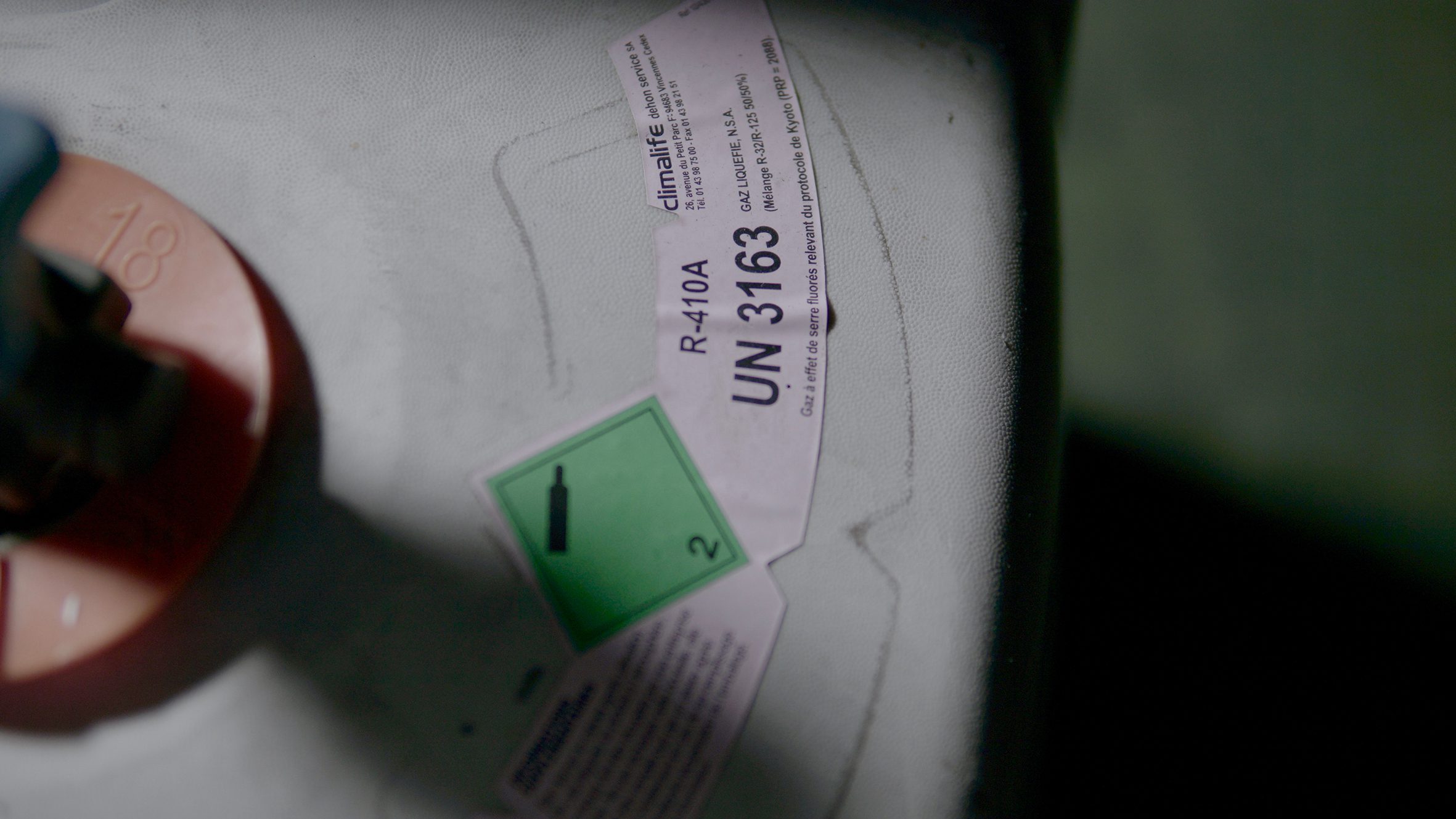
Scotland’s ecological regulator has actually provided a civil charge of ⤠75,000 to a natural food supplements maker for stopping working to supply a leak detection system on devices including effective greenhouse gases that trap heat in the environment and add to environment modification.
DSM Nutritional Products (UK) Limited, based in Dalry in Ayrshire, got the very first charge to be provided in Scotland under the Fluorinated Greenhouse Gases Laws 2015 (the F-Gas policies 2015), which are created to manage fluorinated greenhouse gases (F-gases). The Scottish Environment Defense Company (SEPA) is among the ‘imposing authorities’ for F-Gas Laws in Scotland– performing audits to make sure compliance with the system and taking suitable enforcement action where needed.
DSM Nutritional Products (UK) Limited runs devices that needs an F-gas to operate, and the business needs to send information to SEPA every year under the Scottish Toxin Release Stock (SPRI). In 2020 the emissions reported (898.20 kg) were over 8 times the reporting limit, substantially greater than previous years and were flagged by SPRI as remaining in the leading 3 greatest emitters for Scotland.
SEPA’s expert Carbon Decrease, Energy and Market System started an examination and found there had actually been unexpected releases of F -gases from the website. While there is no requirement under the F-gas policies 2015 to notify SEPA of any release, operators of devices which contains F-gases should take preventative measures to avoid the unintended release (‘ leak’) of those gases. For some devices automated leak detection systems might be needed.
Jamie McGeachy, SEPA’s Carbon decrease, Energy and Market System Supervisor, stated:
” The scale of the ecological obstacle dealing with humankind is massive, with a requirement for a genuine seriousness to act. The F-gas policies intend to decrease using HFC refrigerants, through much better control of their containment in existing applications and their healing for recycling or damage– and compliance with them is not optional.
” The requirement to set up a leakage detection system initially entered into force in 2006, which indicates the business was non-compliant for 14 years prior to this leakage occurred. It is merely undesirable for markets that utilize greenhouse gases to stop working to satisfy their ecological duties. This civil charge shows SEPA’s dedication to imposing commitments under the F-Gas Laws and I hope it works as a cautioning to any operator utilizing F-gases.
” Operators will get the ecological regulator they are worthy of. Examine your devices and make sure that you are totally certified with the policies– if you require assistance and recommendations contact us, you will discover an useful and encouraging company. If you’re not certified, whether through complacency or an intentional act, we’ll take the suitable action to require you to comply.”
Level of civil charge
DSM Nutritional Products (UK) Limited, runs 4 cooled water systems, each of which holds 600kg of R134A, a hydrofluoro carbon (HFC) gas with a high worldwide warming capacity that is utilized in refrigeration systems. DSM was lawfully needed to make sure that any chiller that holds over 500 tonnes of CO2 equivalent (tCO2e *) or above had a leakage detection system which signals the operator or a service business of any leak. The 4 chiller tanks included an overall capability of 3,432 tCO2e and no leakage detection system remained in location.
DSM has actually encouraged SEPA that the 2 water chillers accountable for the majority of the leakages were set up in 1980 by the previous operator of the website. Refrigerants have actually altered throughout the years and at some time there was a boost in holding capability– the labels on the devices were not upgraded.
The F-Gas Laws attend to the imposition of an optimum civil charge of ⤠100,000 for breach of the requirement to set up a leak detection system where one is needed.
SEPA has discretion on whether to enforce a civil charge and whether to enforce the optimum quantity. DSM Nutritional Products (UK) Minimal worked together totally with SEPA’s examination and offered info and documents when asked for to do so in a prompt way. It has actually set up a leakage detection system and has a strategy to decrease dependence on F Gases. SEPA minimized the civil charge to ⤠75,000– which has actually been paid.
* CO2e (co2 equivalent) permits greenhouse gas emissions to be revealed in regards to co2 (CO2) based upon their relative worldwide warming capacity.
.